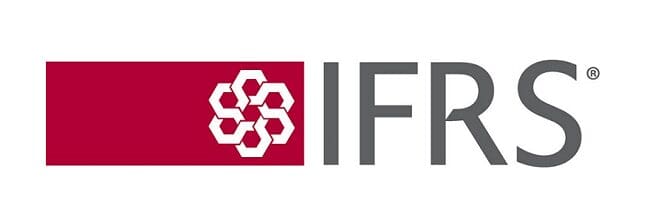This week, in a welcome move, the International Financial Reporting Standards (IFRS) Foundation announced that it will take over monitoring of disclosures from the Task Force on Climate-related Financial Disclosure (TCFD). This consolidation is a welcome move towards achieving greater simplification and disclosure consistency to support better decision-making and reduce the reporting burden on smaller, lesser resourced organisations.
There has been a rise in climate-related reporting and disclosure standards. Often causing confusion amongst businesses that want to do the right thing. You will not be alone if, at any point, you’ve found yourself asking:
- Which is best practice?
- Which standard is most relevant to my company?
- What do I need to do and how do I do it?
Existing disclosure standards are complicated for many businesses to interpret and, often, this confusion serves to impact progress.
At Achilles, we support more consolidation of standards and greater disclosure consistency. Consistency enhances understand of relative performance, enables sensible comparisons to be made, and supports better decision making by companies, consumers and investors. Simplification is also particularly welcome for smaller, lesser resourced companies looking to meet reporting standards.
The TCFD was created by The Financial Stability Board to improve and increase reporting of climate-related financial information. The TCFD developed a framework to help public and non-public organisations disclose on the risks and opportunities through existing reporting processes focused on governance, strategy, risk management, and metrics and targets.
Since 2017, the Task Force has seen significant increase in adoption of the framework and recommendations, which will continue to grow as the opportunities and risks of climate change increase over the next few years. The TCFD publish annual reports to communicate progress. The most recent report, published in October 2022, highlights some of the key developments over the past 5 years of reports.
The organisation taking over the monitoring of disclosure statements from the TCFD is the International Financial Reporting Standards (IFRS) Foundation, which was founded in 2001. IFRS is a “not-for-profit organisation established to develop high-quality, understandable, enforceable and globally accepted accounting and sustainability disclosure standards”.
In 2021, the IFRS Foundation created the International Sustainability Standards Board (ISSB). The ISSB has been responsible for developing two new sustainability disclosure standards: IFRS S1; General Requirements for Disclosure of Sustainability-related Financial Information and IFRS S2; Climate-related Disclosures. These two new disclosure standards built on the work previously done by the TCFD. Taking the framework and enhancing it to meet today’s requirements.
The objective of IFRS S1 is to require an entity to disclose information about its sustainability-related risks and opportunities that is useful to users of general purpose financial reports in making decisions relating to providing resources to the entity.
The objective of IFRS S2 is to require an entity to disclose information about its climate-related risks and opportunities that is useful to users of general purpose financial reports in making decisions relating to providing resources to the entity.
The aim of IFRS S1 and S2 is to create a global baseline. Although they are not perfect, they aim to set a global standard to allow businesses in all countries, regions and cities to report on their sustainability and climate risks. There are expectations these will be a baseline and additional requirements can be added to ensure we drive progress towards climate mitigation.
In simple terms, the impact on businesses is that where previously they have reported using the TCFD framework, from 2024 this will need to change to comply with new S1 and S2 frameworks. You can read more about S1 and S2 here. IFRS – IFRS Sustainability Standards Navigator.
There is general acceptance that we need to shift to a double materiality approach to reporting that sees businesses simultaneously report on sustainability matters that are financially material in influencing business value and material the market, environment and people. Whilst S1 and S2 will be laser focused on investor requirements, they can also be supported by the Global Reporting Initiative (GRI), as the initiative supports double materiality for assessing wider sustainability issues that impact stakeholders differently.
If you have any questions about the implications of the changes, then please leave your details and one of the Achilles team will get in touch.

